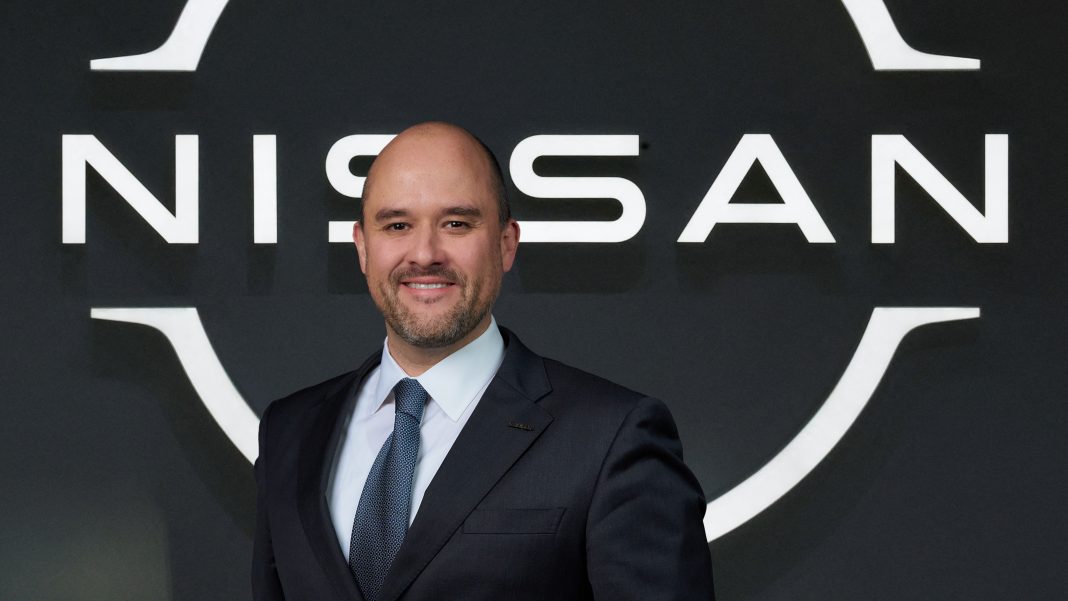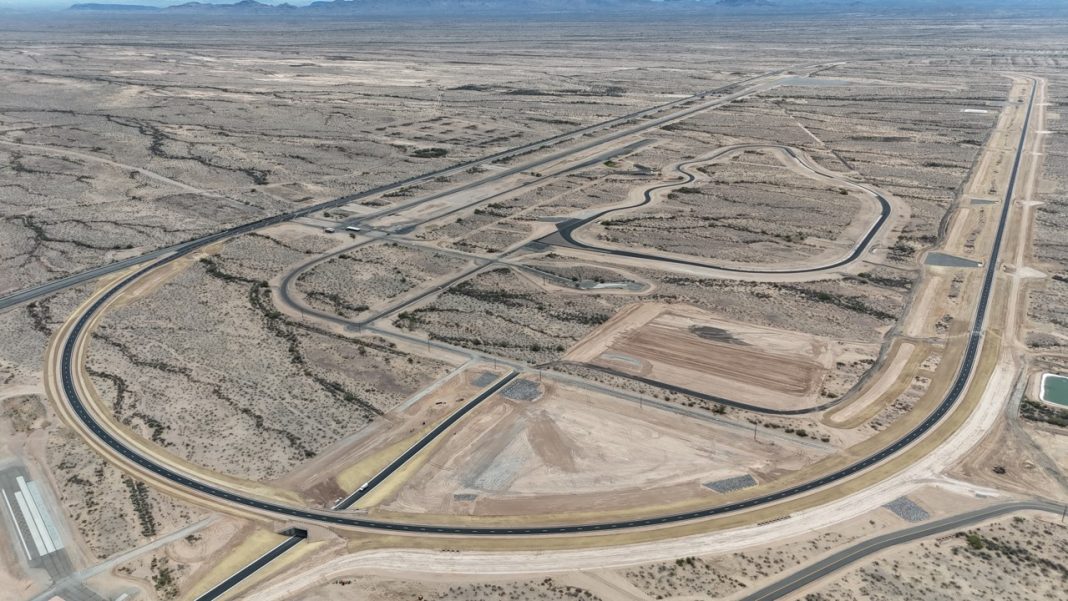Ivan Espinosa, Nissan’s newly appointed CEO (effective April 1), faced a harsh reception from investors at the company’s annual general meeting, as shareholders voiced deep dissatisfaction over the automaker’s financial performance and strategic direction.
Mounting Losses & No Dividend For Now
- Nissan reported a ¥671 billion (≈ $4.6 billion) net loss last fiscal year, and projected a ¥200 billion (≈ $1.38 billion) loss in Q1.
- With shares down ~36% over the past year, the company has suspended its dividend and failed to issue a full-year earnings forecast.

Layoffs, Factory Closures & Deep Cost Cuts
Espinosa’s restructuring plan includes:
- Closing seven plants
- Cutting 20,000 jobs (about 15% of Nissan’s global workforce)
Shareholders criticized the board for allegedly “shifting responsibility to frontline workers” while protecting executive-level positions.
Governance Under Scrutiny
Activist investor Strategic Capital—holding a 3.5% stake in Nissan Shatai—proposed reforms to Nissan’s complex parent-subsidiary structure, seeking annual reviews of relationships and increased disclosure. However, shareholders rejected the proposal, aligning with management’s view that it would compromise operational flexibility.
Implications & Market Reaction
The aggressive criticisms highlight Nissan’s precarious position: escalating losses, deep stock declines, and investor unrest threaten confidence across shareholders and employees. With global governance reform pressure mounting—such as the recent Toyota Industries privatization—Nissan is under intense pressure to respond with decisive reform.
Espinosa now faces a critical test: delivering meaningful restructuring to bounce back from a $4–4.6 billion loss, restore credibility, and halt shareholder disillusionment.
Ivan Espinosa’s first AGM has exposed the depth of Nissan’s crisis—from financial hemorrhaging to eroding shareholder trust. The company must now follow through on bold changes if it hopes to regain stability and investor confidence.





